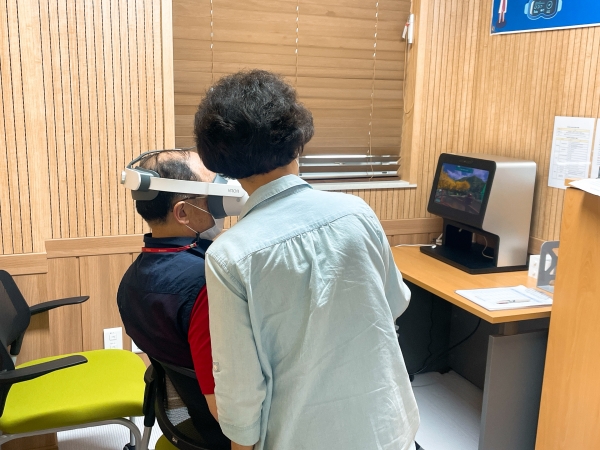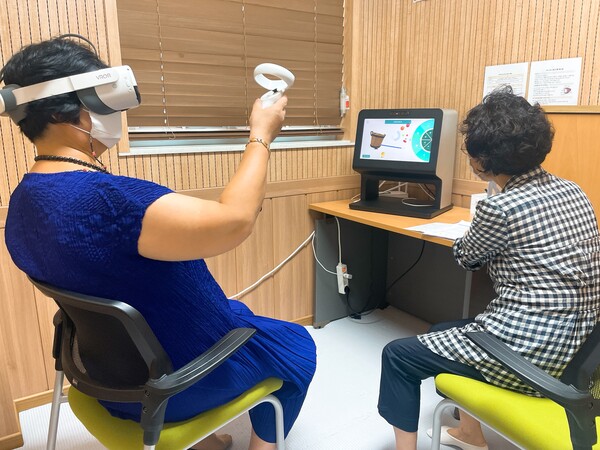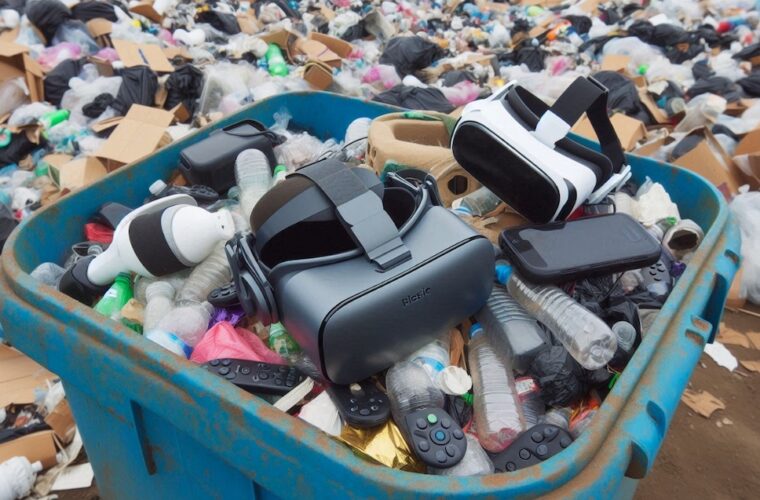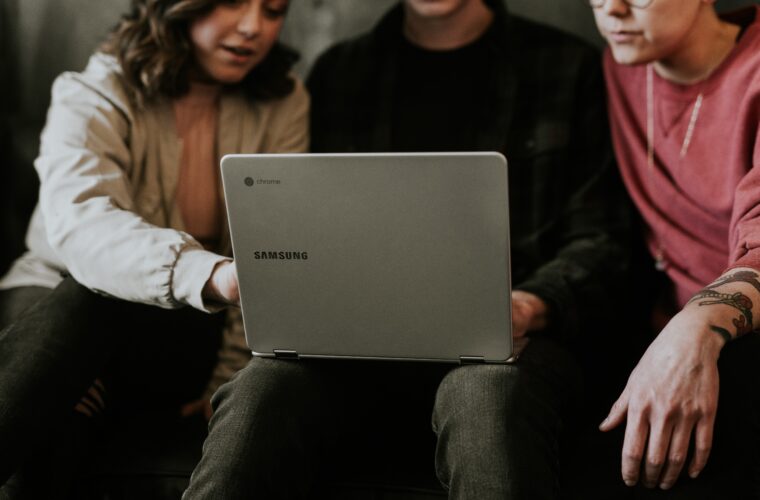Dementia VR technology: Dementia is considered a serious disease in South Korea. It is named one of the country’s four biggest causes of death, with 14 per cent of the population over 65 years old having the disease. The government expects the rate to reach more than 38 per cent by 2030, with the population’s median age rising.
The term dementia covers hundreds of different symptoms, ranging from commonly-known memory loss to cognitive and psychological effects. While these symptoms can disturb patients’ well-being and be challenging for their caretakers or family, some experts suggested that virtual reality technology can help reduce their difficulties.
Virtual Reality in Treating Dementia
Some prior studies discussed how patients could improve mood and other psychological symptoms, such as depression, using VR technology.
VR appears to help treat limitations in cognitive symptoms in early-stage dementia as well. In 2021, researchers at Gil Hospital and Inha University Hospital had a group of people over 60 years old with mild cognitive impairment receive training in VR. In the 3-D digital reality, the participants had to do grocery shopping. The team could find the memories of language and visuals, and the multi-tasking abilities of the participants improved after the training.
The team also could find that the training was more effective for people who received a higher level of education. Prof. Bae Je-nam from Inha University Hospital, one of the authors of this study, said: “Cognitive training done with VR can increase the connectivity of brains.”
Some companies also adopt VR to revive the lost memories of people with dementia. Virtue Health, a tech start-up based in the United Kingdom, built a platform dedicated to reminiscence therapy via VR. The company explains that it takes people to places of significant memories in the hypothetical reality, recreated by 360-degree filmed environments and Google Panorama.


Government-Run Dementia Treatment via VR Technology
With the ageing population, welfare for people with dementia has been one of the core challenges of local governments in South Korea. While most policies are based on in-person, group counselling and training programs to improve people’s well-being and symptoms, several local governments recently adopted VR to increase residents’ cognitive abilities.
The City Office of Bucheon opened training programs using VR and augmented reality at Bucheon Institute for Dementia and the city’s Public Health Centre this month. The city explained that the programs combine VR- and AR-powered activities with existing training routines at the centres to increase cognitive abilities, such as concentration and memory.
People who visit the centre can estimate their physical ability with AR and VR devices and conduct cognition-enhancement activities appearing on VR screens. The city office expects the programs to prevent symptoms of dementia from getting worse through such activities.
The programs will run free of charge until this November. People who have been attending city centres’ dementia treatment programs, in-house classes for families, or who have mild symptoms of cognitive impairment can participate in the programs.
Yeonsu-gu, Incheon, also held an experience zone of dementia prevention VR technology programs at Yeonsu-gu Seniors Welfare Centre on 10 April 2023. The district office said in a press release that the zone was set to introduce the programs before they start running VR-powered programs.
People who visited the experience zone tried a range of VR activities we also do daily, such as juice making, grocery shopping, and money withdrawals from ATMs.
With more than 6% of the local seniors over 60 years old having dementia, the district office plans to test-run the VR-powered programs in April with people with cognitive impairment or a higher probability of dementia.
Lee Jae-ho, head of Yeonsu-gu District Office, said that “dementia should not remain as a problem that burdens individuals, as South Korea is turning into a ‘super ageing society'” and added that the district office plans to make the programs more available by having them at more senior centres.
Bucheon City Mayor Cho Yong-ik said that people with cognitive impairment have a higher chance of developing dementia as their mental health may stagnate due to the prolonged pandemic. “To provide practical assistance to such people, we will continue operating programs using digital technologies,” he said.



